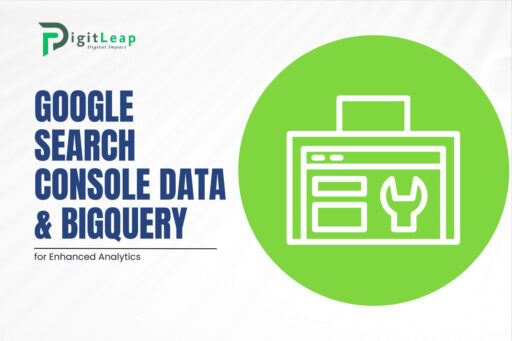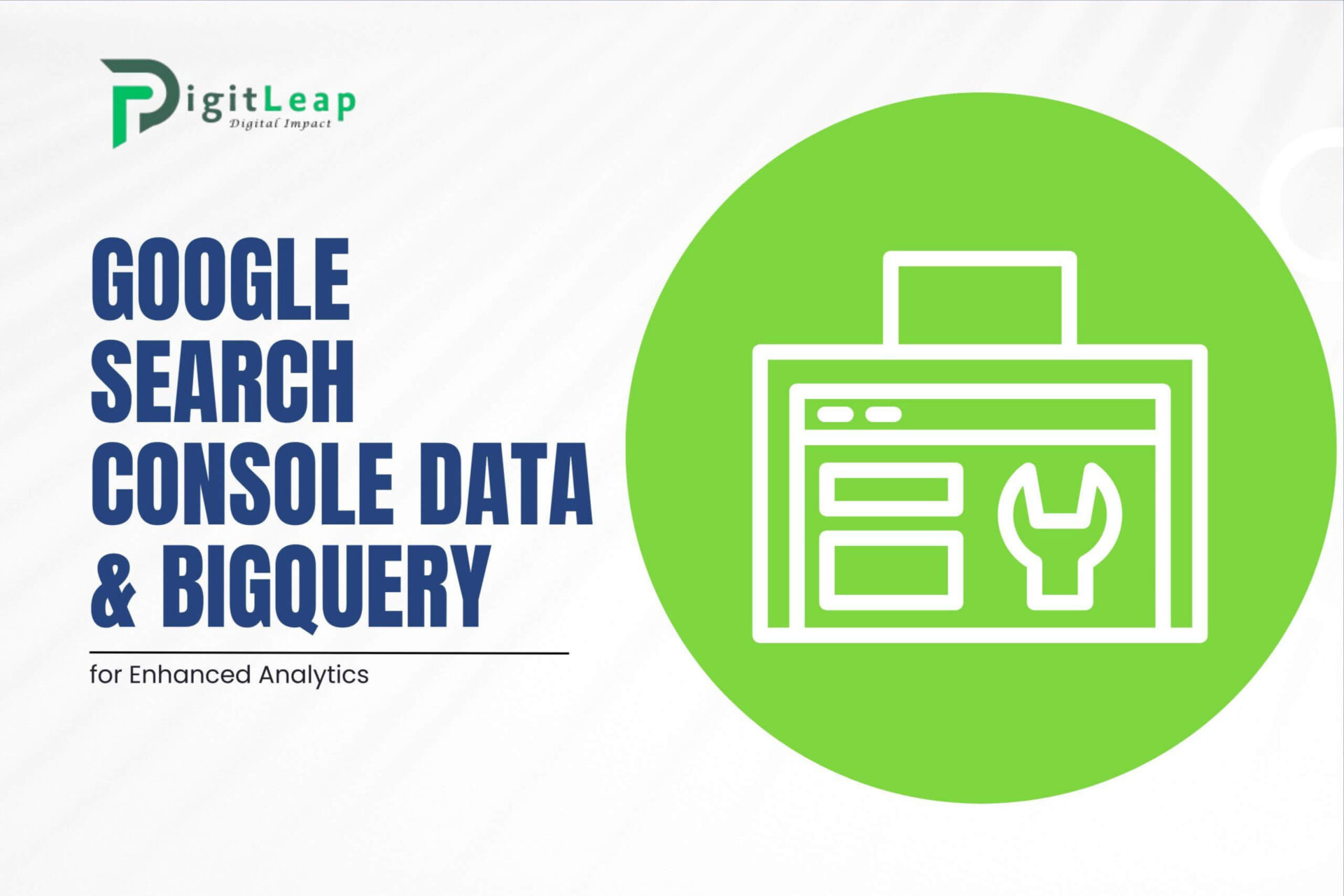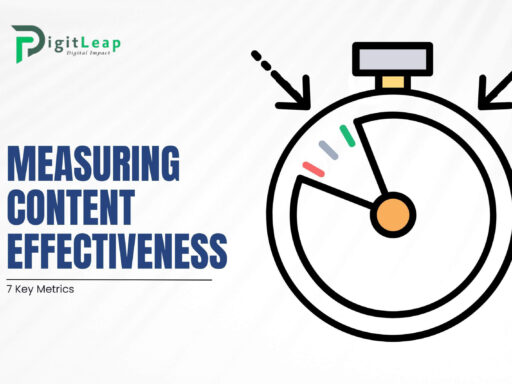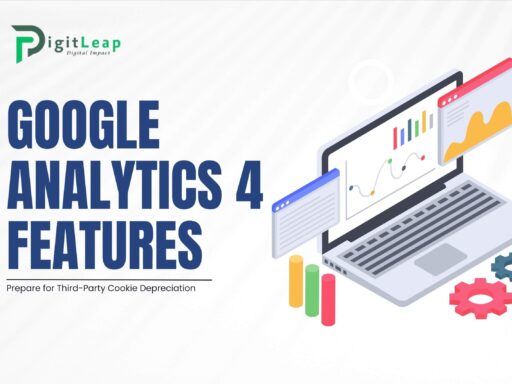Google Search Console Data & BigQuery for Enhanced Analytics
In today’s competitive digital landscape, businesses are constantly looking for better ways to analyze their data and improve their online performance. Google Search Console (GSC) is already a powerful tool for understanding how your website performs in search results. But, when combined with BigQuery, Google’s cloud-based data warehouse, it becomes even more powerful. Together, they provide enhanced analytics that allow businesses to dig deeper into their data and make more informed decisions.
Here’s a look at how combining Google Search Console data with BigQuery can give you a competitive edge and offer more meaningful insights.
Why Use Google Search Console Data?
Google Search Console is an essential tool for monitoring your website’s presence on Google. It provides detailed information about:
- How often your website appears in search results
- The keywords driving traffic to your site
- Click-through rates (CTR)
- Average position in search results
- Issues related to mobile usability and indexing
While GSC offers a lot of valuable information, it can be limiting when you need to perform in-depth analysis or combine it with other data sources. This is where BigQuery comes in, offering advanced analytics and scalability.
The Power of BigQuery
BigQuery is Google’s cloud-based data warehouse that allows businesses to handle and analyze large datasets efficiently. With BigQuery, you can query large volumes of data quickly using SQL-like queries. What makes BigQuery stand out is its ability to handle huge datasets without the need for setting up your own servers.
By integrating Google Search Console data into BigQuery, you unlock a much deeper level of analysis. This is especially useful for businesses with large websites, as you can combine GSC data with other sources (like Google Analytics or CRM systems) to get a holistic view of your website’s performance.
Benefits of Combining GSC with BigQuery
1. Handling Large Datasets
For small websites, Google Search Console provides plenty of data for analysis. However, for larger websites with a lot of traffic, the amount of data can be overwhelming. GSC’s dashboard only provides limited data over a 16-month period, and you can only export a portion of this data at a time.
By importing your GSC data into BigQuery, you can store and analyze larger datasets over extended periods. This allows you to go back further in time, spot long-term trends, and create more complex reports.
2. Advanced Querying Capabilities
BigQuery gives you the ability to create custom queries to analyze your data in ways that GSC’s standard interface doesn’t allow. For example, you can:
- Filter data by specific URLs or landing pages
- Segment data by date ranges
- Analyze how different keywords perform over time
- Compare click-through rates between mobile and desktop devices
These advanced querying capabilities allow you to generate detailed reports tailored to your specific needs, helping you make better data-driven decisions.
3. Combining Data Sources
One of the biggest advantages of using BigQuery is the ability to combine Google Search Console data with other data sources. You can integrate data from Google Analytics, Google Ads, or even your CRM system to get a comprehensive view of your online marketing efforts.
For example, by combining GSC and Google Analytics data, you can compare organic search traffic with overall website traffic, see how different traffic sources contribute to conversions, and identify which keywords drive the most engaged users.
4. Long-Term Data Retention
Google Search Console retains data for only 16 months, which can be limiting for long-term analysis. However, when you export your GSC data into BigQuery, you can store it for as long as you need. This allows you to track historical trends, making it easier to spot changes in user behavior and search engine performance over time.
5. Custom Dashboards and Visualization
Once your GSC data is in BigQuery, you can create custom dashboards using tools like Google Data Studio. This lets you visualize your data in a more meaningful way, using charts, graphs, and interactive reports. These visualizations make it easier to track your website’s performance and identify opportunities for improvement.
For instance, you can create a dashboard that shows the relationship between search impressions, clicks, and conversions over time. This makes it easier to see how changes in your SEO strategy impact your business goals.
How to Connect Google Search Console to BigQuery
Connecting Google Search Console to BigQuery is a straightforward process. Here’s a general overview of how it works:
- Set up a BigQuery Project: First, you need to create a project in Google Cloud and enable BigQuery.
- Export GSC Data: Using the Google Search Console API, you can export your search performance data into BigQuery. This allows you to pull in data on queries, impressions, clicks, positions, and more.
- Set Up Scheduled Imports: To keep your data updated, you can set up scheduled imports that automatically pull new data into BigQuery on a regular basis.
- Query and Analyze: Once your data is in BigQuery, you can start writing queries and analyzing the data. You can also create custom reports and dashboards to visualize your insights.
Conclusion
Combining Google Search Console data with BigQuery provides businesses with a powerful way to analyze large datasets, gain deeper insights, and make data-driven decisions. Whether you’re looking to track long-term trends, customize your reports, or integrate multiple data sources, BigQuery opens up new possibilities for enhanced analytics.
At DigitLeap, we specialize in helping businesses unlock the full potential of their data. By integrating Google Search Console with BigQuery, we can provide you with actionable insights that will improve your website’s performance and drive better business outcomes. Let DigitLeap help you take your analytics to the next level!






